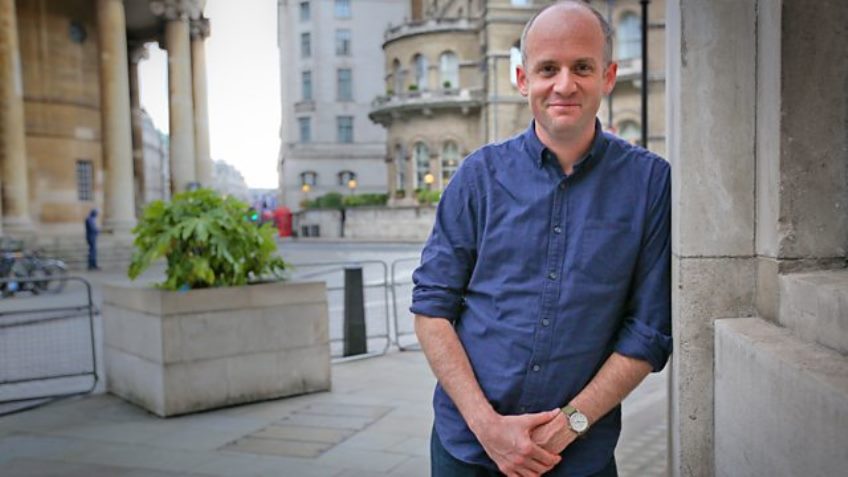Positive thinking, we’re told endlessly, is absolutely essential at every minute if we hope to lead happy, successful lives: only through positive thinking will we achieve our ambitions and be winners instead of losers. Cartloads of self-help books, well-paid motivational speakers and lifestyle gurus all emphatically promote this drive to focus always on positive thinking. “It’s necessary to get losers out of your life if you ever want to live your dream,” says self-help guru Les Brown, presumably eschewing all losers and living his.
We’re likewise endlessly told that negative thinking, is a definite no-no, only for wet blanket losers. But is this true? Is it true that positive thinking is always the best approach, or could it be, in fact, that some good old negative thinking might actually enable us to live our lives more effectively, efficiently and happily than optimism will? Well, apparently, it does! It turns out this full-tilt drive for constant positivity is being somewhat mis-sold us. So cheer up, wet blanket negative thinkers, if you dare! You may actually have got it right!
Negativity, this radio series explains, is a better spur to suitable action than unwarranted, blind hope, and can prove enormously constructive. Instinctive emotions like fear, anxiety and self-doubt serve an important, positive purpose, just as long as self-doubt is tempered by self-compassion. Self-doubt brings greater flexibility and consideration to plans and actions with a willingness to change tack instead of a moving in a headlong, inflexible rush, while pessimism can actually spell success. The very best, most successful lawyers and surgeons are, the presenter tells us, pessimists – those who examine a job from every possible angle, suspicious that any little thing could go wrong at any moment and get ready for it.
In five 14-minute episodes, Oliver Burkeman examines the ways in which negative thinking trumps positive thinking in getting things done wisely, thoroughly and well. The series first aired in late 2016 but is, perhaps, even more relevant now. Interacting with the presenter, verbal and musical contributions come thick and fast (though sadly omitting a burst of Bing Crosby accentuating the positive with The Andrews Sisters.) We hear from interviewees in research, psychology and Acceptance and Commitment Therapy, from an oil-rig worker, a Head of Happiness “fungineer”, from a performance artist, a rapper, from a suddenly-created lottery winner and a suddenly-created paraplegic, from David Brent, Dostoevsky and his brother Modest, Socrates, Keats and Buddha, and from an End of Life Companion who holds the hand of dying strangers and discovers what’s been most important in their lives.
Trying to will ourselves to be always positive, or being forced to have cringe-worthy “fun” can, it seems, actually result in frustration, stress, depression and a greater sense of failure. In fact, if everyone always thought positively, the results could be disastrous for it distracts focus away from what really matters. After all, who could be more positive, confident and vociferous than a drunk with a set of car-keys? An eternal optimist in charge aboard a North Sea oil-rig would be no better, for he (she?) could all too easily send fellow workers to an early grave: better a real doom-monger who makes provision for every disaster imaginable, no matter how impossible it may seem: the more terrible scenarios we come up with, the better protected we will be. Too many positive thoughts can result in inaction and a negative, potentially lethal impact.
So now the wettest of blankets can take cheer when their hyped-up, hyper-positive, fun-questing fellows reject their measured, less full-on reactions. It turns out negative thinking has positive benefits and is an invaluable, powerful tool when it comes to achieving goals. Even boredom can be a positive influence, while feelings of hopelessness may even motivate us to take more urgent action than hope does. Don’t stamp on it: embrace it.
Negative thinkers will, of course, still see the downsides to negative thinking, and positive thinkers may always see negative thinking as positively wrong. It’s well worth thinking about, though.
Eileen Caiger Gray
The Power of Negative Thinking is broadcast on Radio 4 on Mondays at 9.30am and available as a Sounds podcast for a year.




